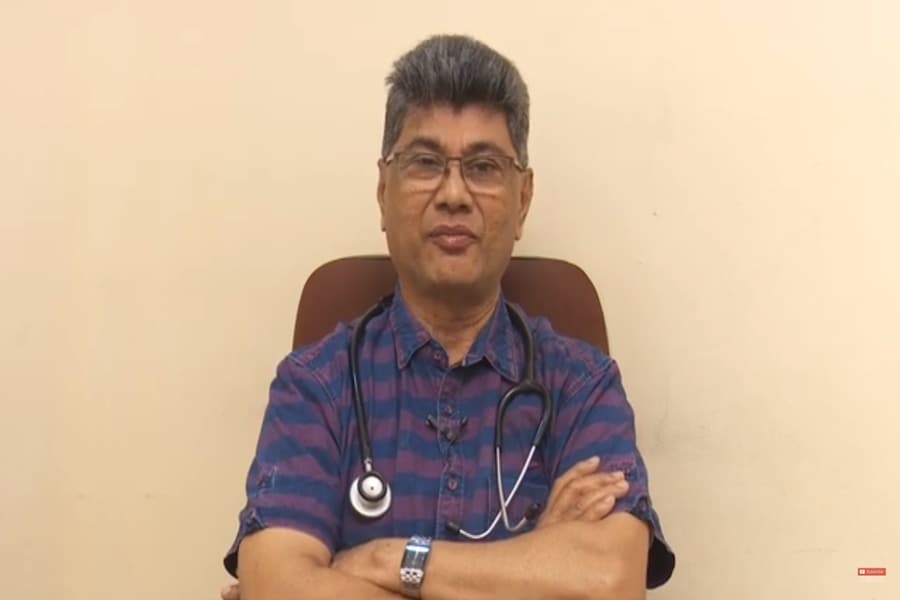
Busting myths about high blood pressure
High blood pressure the 'Silent Killer' can quietly damage your body for years before symptoms develop, says Dr KS Ashok Kumar

Image: Dr KS Ashok Kumar
High blood pressure the 'Silent Killer' can quietly damage your body for years before symptoms develop. If it is not controlled in time you may wind up with a disability, a poor quality of life or even a fatal heart attack. Roughly half the people with untreated hypertension die of heart disease related to poor blood flow and another third die of stroke. Knowing more about high blood pressure can help you prevent its ill-effects in you or your loved ones.
The better way to start learning is by bursting the myths associated with high blood pressure. Several misconceptions cast a shadow over the truth about the identification, prevention, treatment and management of hypertension. It is very important that these myths be bursted to make people aware that blood pressure is a big deal that can be fatal if not controlled, and also that it is preventable and manageable. Learning about high blood pressure and how it can harm your health is the first step in controlling this condition so you can remain healthy for years to come.
Sponsored by USV Pvt. Ltd.
Salt and hypertension
Indians have been estimated to consume almost double the recommended intake of salt as evident from a study conducted by the Public Health Foundation of India (PHFI). The estimated average salt consumption among Indians is approximately 11 grams per day which is almost double the World Health Organization (WHO) recommended upper intake limit of 5 grams per day.




